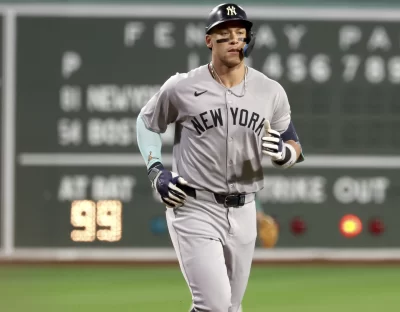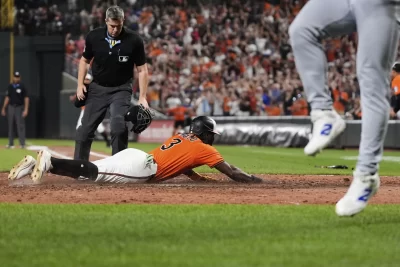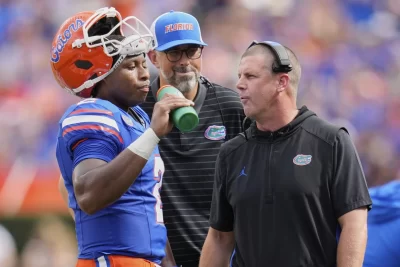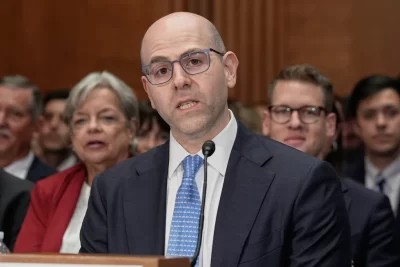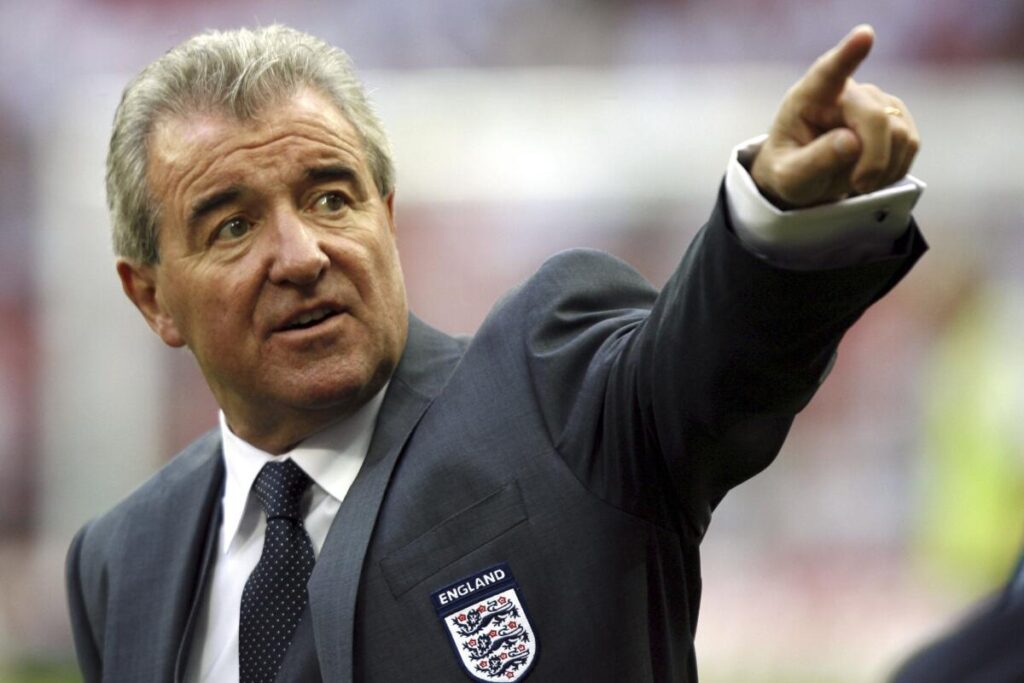
There’s a photograph doing the rounds of Pep Guardiola, then a wide-eyed 15-year-old ball boy, looking up to Terry Venables after the grinning English coach had been hoisted onto the shoulders of two Barcelona players at the Camp Nou.
Venables had just guided Barcelona to the European Cup final in 1986, adding to his popularity after leading the Catalan team to its first Spanish league title in 11 years the previous season.
Guardiola was in Barcelona’s storied La Masia academy at the time and he could sense the impact Venables was having around the club. More than bringing some typically English elements — physicality, strength at set pieces, hard pressing and organization — to the team, Venables also added tactical acumen to Barcelona and to Spanish soccer as a whole. Plenty of excitement, too, as Barcelona finally started to compete again with the likes of Real Madrid, Athletic Bilbao and Real Sociedad for the league title.
Guardiola was in reminiscent mood on Monday as he looked back with fondness at the short-but-very-sweet era of Venables at Barcelona in the wake of his death at the age of 80 on Saturday.
“His impact was incredible there,” the Manchester City manager said. “He introduced some things that had never been (there) before. A certain type of pressing, set pieces — for example, I don’t remember how many goals (José Ramón) Alexanko, the central defender and captain, scored.
On Monday, the front pages of Spanish dailies Mundo Deportivo and Sport carried a picture of Venables with the words “Adios, Mister” (“Goodbye, sir”) next to it.
Guardiola remembered him as a “gentleman” and an entertainer.
“He was not just a manager,” he said, “but a person who was so funny, who did TV programs where he was singing and imitating Frank Sinatra. He was a proper, proper man.”
Venables couldn’t quite bring a first ever European Cup to Barcelona. In that 1986 final, the team lost to Steaua Bucharest in a penalty shootout where Barcelona missed all four of its kicks.
It was left to Johan Cruyff to achieve that feat, guiding a team containing Guardiola to the biggest prize in European soccer in 1992.
Guardiola is a three-time European Cup-winning coach himself, twice with Barcelona and most recently with City last season.
Looking to retain the title, City has already qualified for the knockout stage with two games to spare and can guarantee first place in its group with a draw or victory against Leipzig on Tuesday.
“The first step is done for both sides,” said Guardiola, referring to the fact that Leipzig has also secured progress to the last 16, “but it’s important to finish first for prestige and because we believe when we play the last 16, to have the second leg at home is not decisive but a little bit of an advantage.”

